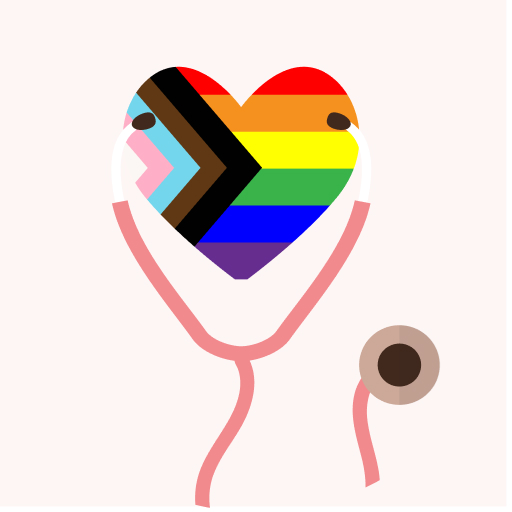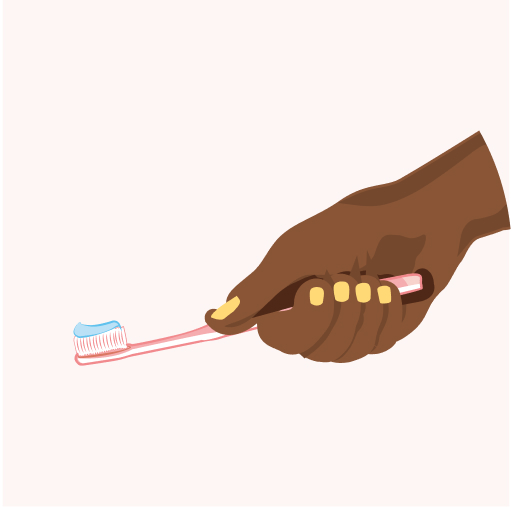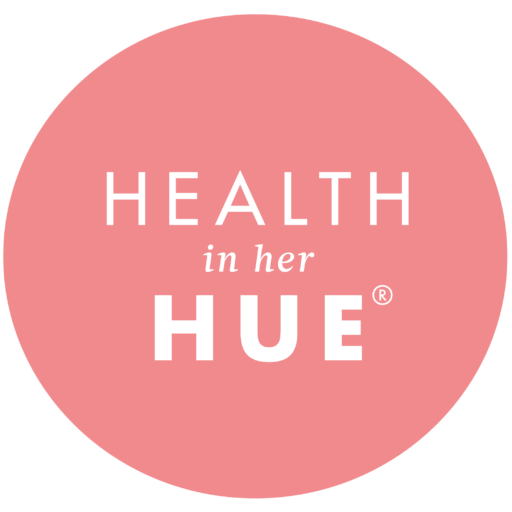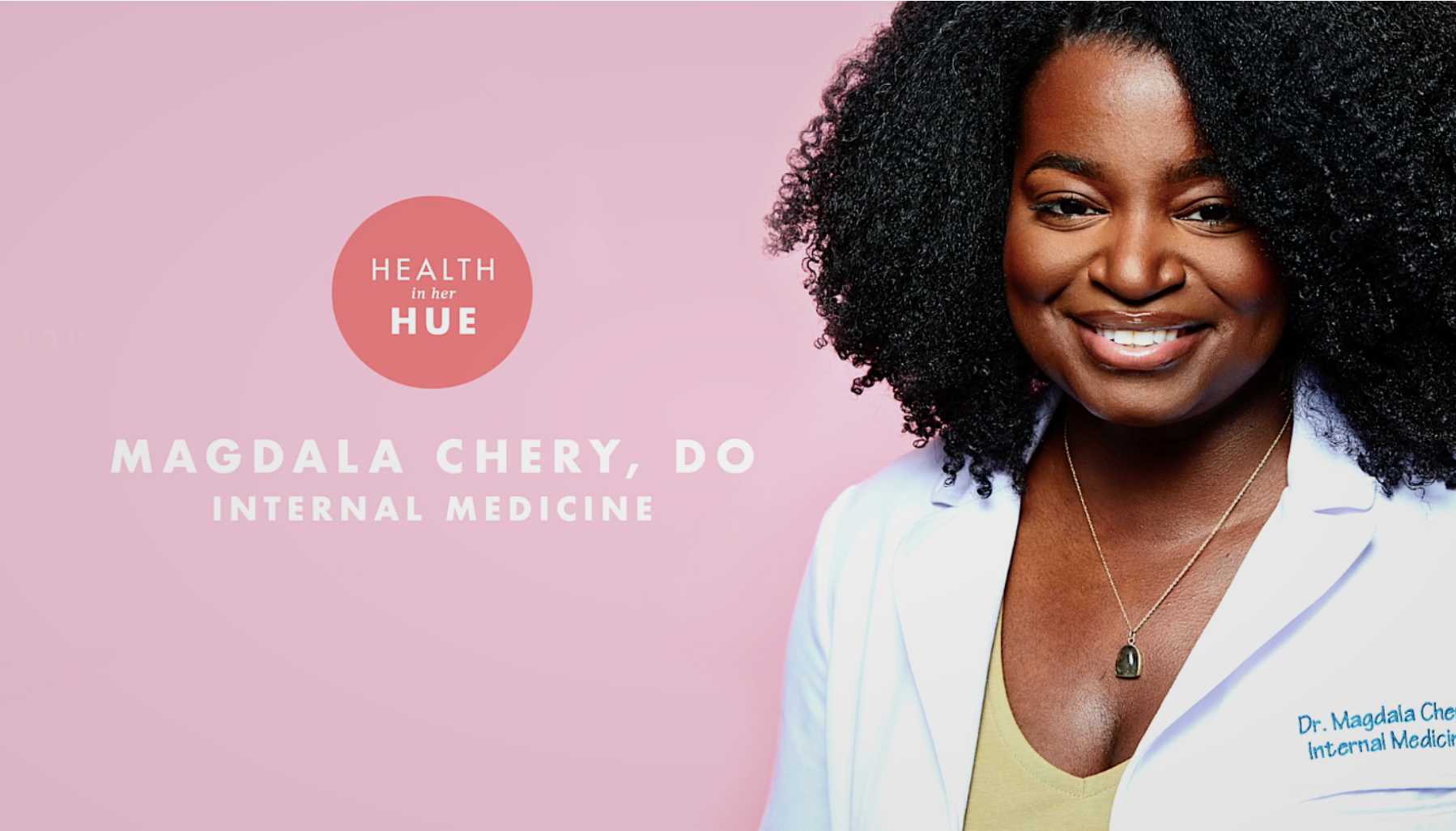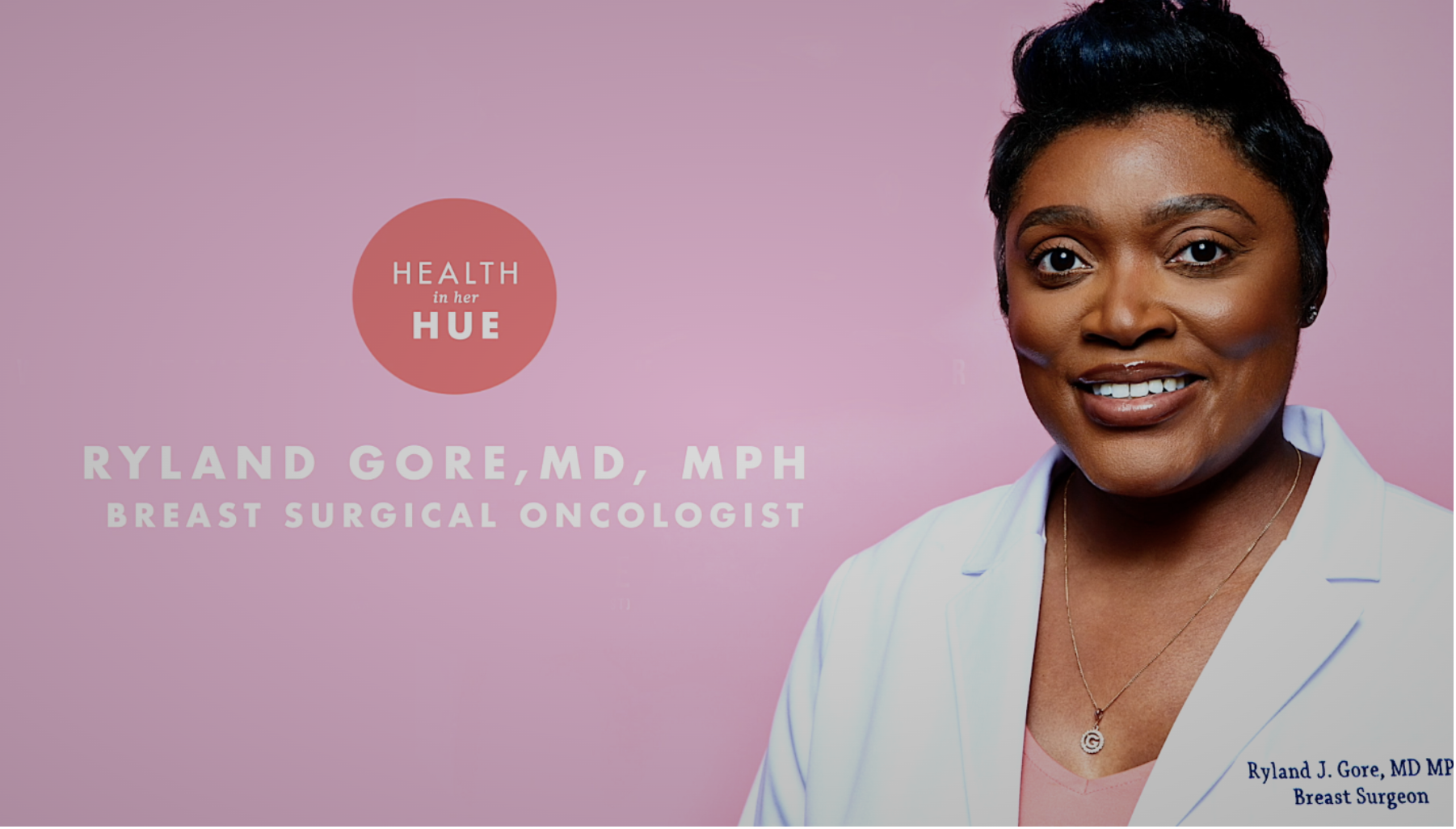
Whole, Seen, and Heard: Dr. Patricia Egwuatu on the Power of Care for Black Women
When you sit across from Dr. Patricia Egwuatu, the first thing you notice isn’t her white coat or the impressive string of letters after her name. It’s her warmth. She carries herself with a grounded ease that feels like home, the kind of presence that reminds you of your favorite auntie or big cousin, the one who can slip wisdom into casual conversation while pouring you a cup of tea.
But don’t let that gentleness fool you, Dr. Egwuatu is a force. As a first-generation Nigerian and Ugandan American, a Family Medicine physician, and an Associate Program Director in residency education, she has dedicated her life’s work to making sure Black women and communities of color are not only seen and heard but truly cared for in a healthcare system that too often pushes us to the margins.
And when the conversation turns to sleep health, she doesn’t mince words. She knows how much rest matters, and how many barriers Black women face when it comes to getting the kind of deep, restorative sleep we deserve. For Dr. Egwuatu, advocating for our rest isn’t just about wellness, it’s about liberation.
A Journey Rooted in Culture and Calling
Growing up just south of Seattle as the eldest of four, Patricia always knew her career path would be connected with service. Her parents often shared stories about healthcare back home in Nigeria and Uganda, stories of family members lost simply because care was not accessible.
Those memories stuck with her. “Hearing how the lack of access to care cost the lives of family members made me realize how powerful medicine can be,” she recalls. “It fueled my passion to serve.”
But her decision to become a physician was not shaped by a single moment. Instead, it was an accumulation of lived experiences, cultural grounding, love for community, and personal perseverance. “During college, when I faced obstacles, those reminders kept me going. They pushed me to keep moving forward, even when it was tough.”
It is this combination of cultural legacy and personal grit that informs every interaction she has with patients today.
Family Medicine: The Heart of Care
When asked to explain her specialty, Dr. Egwuatu breaks it down simply: “I take care of people across all stages of life– from newborns to older adults. My work has a special focus on women’s health, but overall, Family Medicine is about building long-term relationships and being the first point of care for nearly every health concern.”
She’s also quick to push back on the misconception that Family Medicine is somehow “simple.” As she explains, “In reality, it’s incredibly complex. We care for patients across every stage of life and with all kinds of conditions. That means having a broad knowledge of many different specialties.”
Her role is both comprehensive and deeply adaptive, diagnosing, treating, managing care, and when needed, guiding patients to the right specialists. In many ways, Family Medicine is the glue that holds a person’s entire health journey together.
And for Black women, this kind of care isn’t just important, it can be life-changing. In a system where we are disproportionately impacted by chronic illnesses, maternal health disparities, and systemic neglect, having a physician who truly sees us, listens to us, and advocates for us can be life-changing.
Representation Matters: A Story That Stays With Her
When the pandemic hit, Dr. Egwuatu found herself on call, delivering a baby for a Black couple. The moment was charged with emotion.
“They were so moved to see a Black physician that they immediately FaceTimed their whole family,” she shares, smiling at the memory. “Since then, I have cared for that entire family.”
The experience was more than a birth. “It was a powerful reminder that representation in medicine matters,” she says. “Moments like that deepen my commitment to the work I do every day.”
Representation itself can be affirming, simply seeing a provider who reflects your identity can make all the difference.
Beyond the White Coat
Yes, Dr. Egwuatu is a physician. But she is also a woman who delights in the everyday joys of life.
When she is not in the clinic or teaching residents, you might find her sweating it out in a Solid Core class, going on long walks with her Australian shepherd Kobe, or singing along at a Beyoncé concert. She is a self-proclaimed reality TV lover (Love Island is her guilty pleasure) and a proud University of Washington season ticket holder. “Go Dawgs!” she laughs.
She is family-oriented, music-driven, and deeply intentional about her own wellness routines. “I truly believe I cannot care for others unless I also care for myself,” she says. Her rituals include eating healthy, taking vitamin D, lifting kettlebells, and carving out quality time with loved ones.
This balance between caring for others and caring for herself is not just personal. It is a model she hopes Black women will embrace for their own well-being.
The Urgency of Preventive Care
If there is one thing Dr. Egwuatu wishes all Black women knew, it is this: preventive care is non-negotiable.
“So many of us prioritize everything and everyone else before our health,” she explains. “But screenings save lives. Staying current with cancer screenings and paying attention to heart health is so important, especially because heart disease often impacts women of color without obvious warning signs.”
Her advice is simple, but powerful: move your body, eat intentionally, and schedule those checkups. “Do not wait until something feels wrong to see a doctor. Prevention is the key to protecting our health.”
Self-Advocacy as Self-Love
Navigating the healthcare system can feel overwhelming, especially for women who may have experienced bias or dismissal in medical settings.
Dr. Egwuatu’s advice is clear: come prepared. “Bring your personal and family health history, write down specific questions you want answered, and if you can, bring a trusted friend or family member for support,” she says.
These steps are not just logistical, they are acts of self-love. They ensure that your voice is not just heard, but centered in your care.
The Future of Women’s Health
When looking ahead, Dr. Egwuatu is optimistic. She is especially excited about the growing focus on perimenopause and menopause.
“For too long, these experiences were not centered in healthcare,” she says. “Now, we are finally having real conversations about them. That means more treatment options and better support for women through every stage of life.”
This shift matters deeply for Black women, who often experience menopause differently and face greater barriers to care.
Closing Words: Know That You Are Loved
As our conversation winds down, Dr. Egwuatu leaves me with a message that feels more like a benediction:
“Your health matters, your voice matters, and you deserve to be seen and heard in every healthcare space. Trust yourself, advocate for yourself, and know that you are worthy of whole, compassionate care.”
And when I ask her about her “power song,” she does not hesitate: “Cleo Sol’s ‘Know That You Are Loved.’”
Because at the end of the day, that is the heart of her mission: reminding every Black woman that she is not just worthy of care, she is worthy of love, rest, and restoration.
Takeaway for Health In Her HUE Members
- Choose rest as resistance: Sleep and wellness are not luxuries, they are essential.
- Prioritize preventive care: Schedule your screenings and heart health checkups.
- Advocate for yourself: Come prepared to appointments, and do not be afraid to speak up.
Dr. Patricia Egwuatu reminds us that in a world that often demands our labor, our voices, and our resilience, rest is not a reward. It is a right.
💡 Ready to take the next step in prioritizing your health? Visit our content hub here to learn more, access resources, and connect with the Health In Her HUE community.


